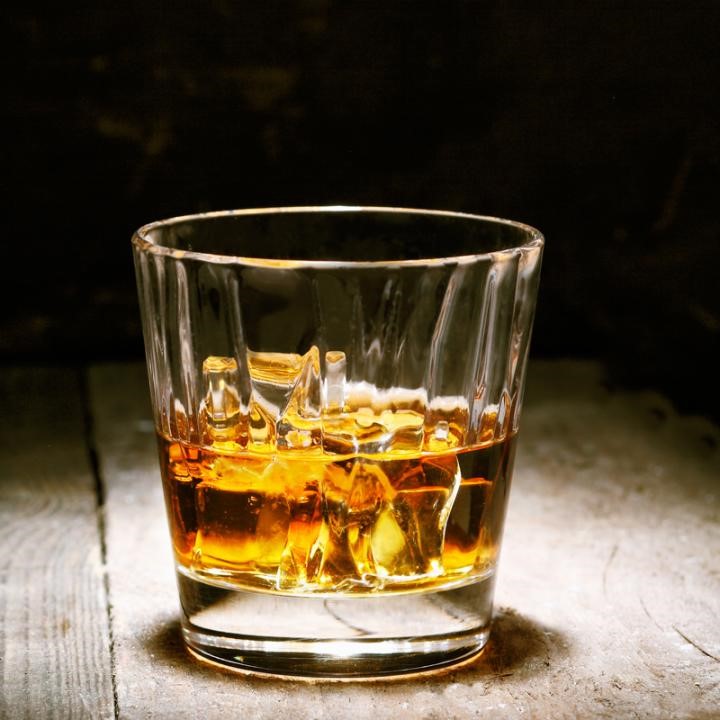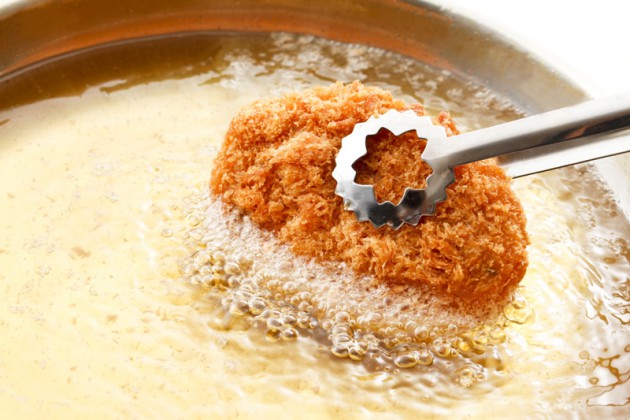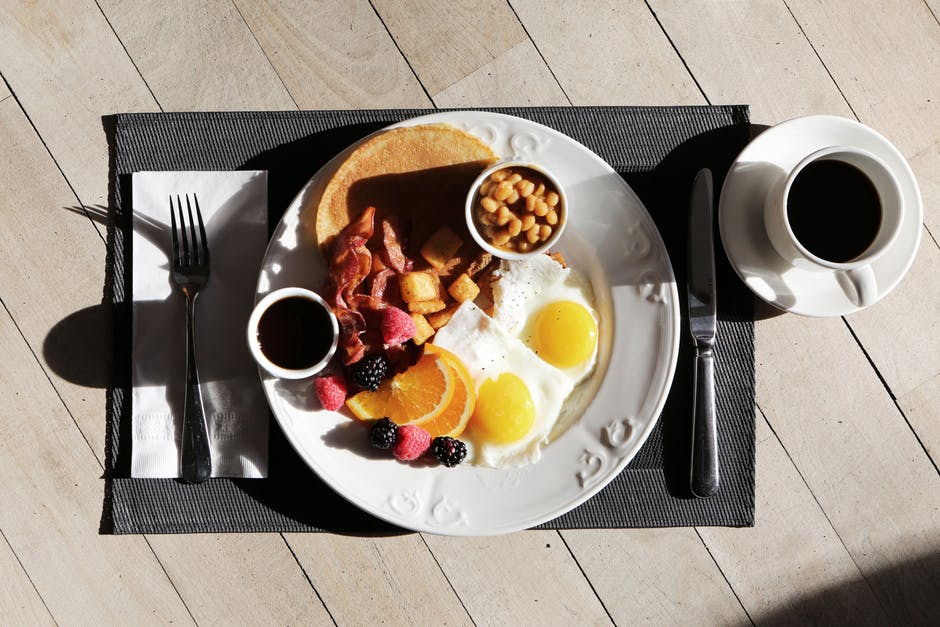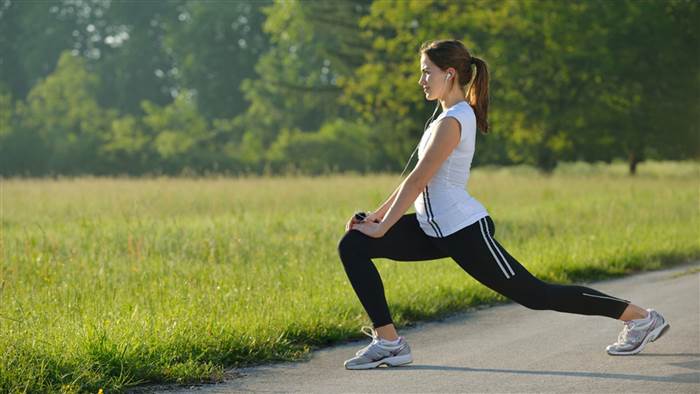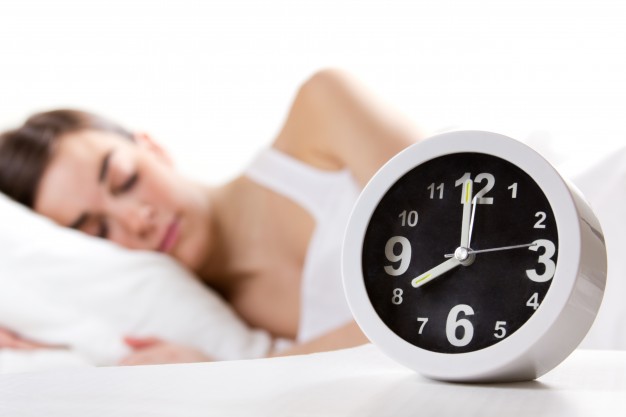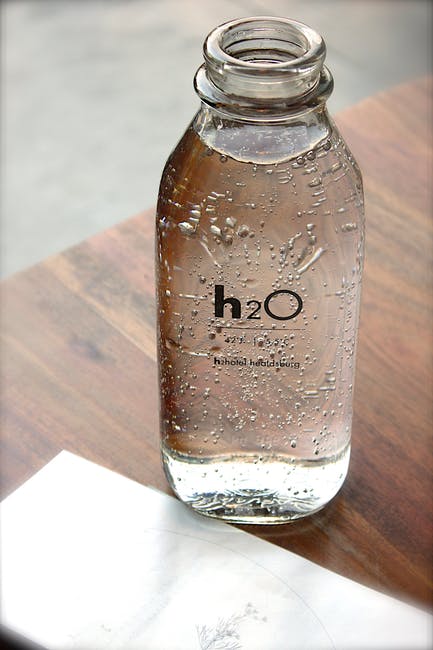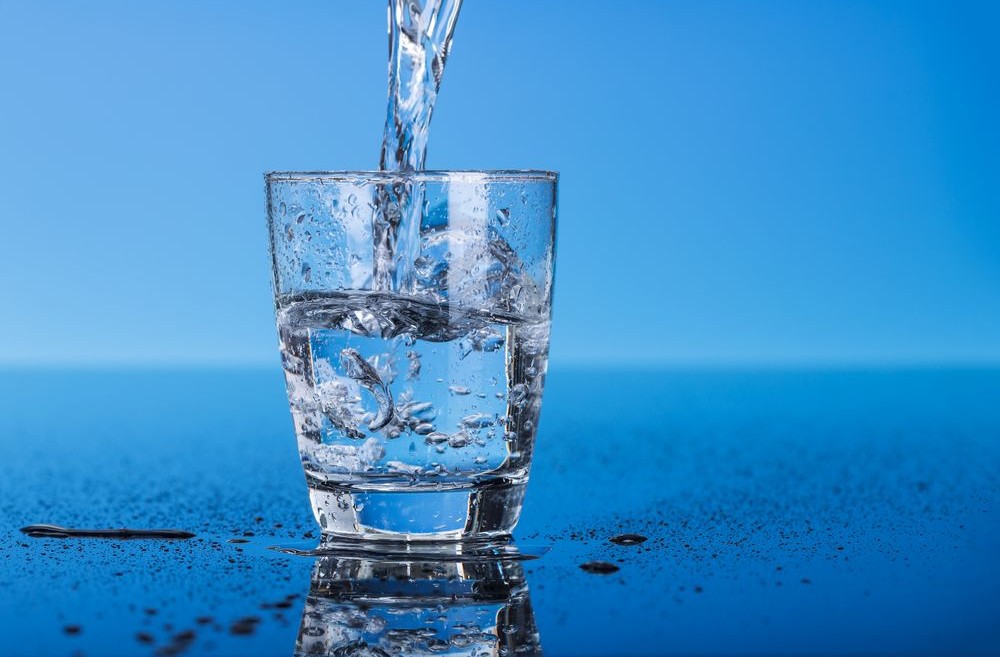This Independence Day as we ponder over freedom, let’s contemplate our relationship with food. When it comes to nutrition, are we truly free? Or do we feel bound by a plethora of conflicting information? Can we ever be free to eat whatever we want?
If weight loss and maintenance are our goals, then some foods are born more equal than others. But if it’s the numerous and contradictory instructions that are bogging you down, you can, to some extent, be free of rigid diet rules if you follow this simple colour-coded food philosophy.
ORANGE
Orange foods include papaya, carrot, apricots and more. Carrot prevents cancer, helps us see better and slows down aging. Papaya boosts the immune system and safeguards us against disease. Apricots are bursting with iron, potassium and fibre. And let’s not forget pumpkin: every part of this delicious vegetable is brimming with goodness, right down to the seeds. Orange you glad you read this!
BROWN
Brown can turn your frown upside down.
Revel in the benefits of brown foods which include nuts, potatoes, ginger and quinoa. Potatoes are loaded with vitamin B6 vital to the building of new cells. Ginger’s medicinal role has been well documented. Walnuts and almonds help with the prevention and management of diabetes. And Quinoa like the humble egg white is one of the purest sources of protein a 100% reference protein which means it has all the nine essential amino acids needed by our body.
WHITE
Lean white meats, egg whites, onion and garlic represent the white corner. Chicken and turkey are fantastic sources of lean protein, but egg white is one of the BEST sources of protein there is. Onions are potent anti-inflammatories and garlic is a brilliant antioxidant, both of which form the base for many cuisines.
GREEN
Kale, asparagus, green beans, spinach, broccoli, edamame, basil, capsicum, green tea go green to get lean. The leafy greens are wonderful sources of nutrients, anti-oxidants and boost your health quite like nothing else.
Of course, this is not to say that other foods not mentioned here -like dals, and other sabzis -are not healthy or that you should not eat them, neither should we eat the above without moderation. Oil, fat, quantity and sugar intake must be monitored while preparing these foods so that you can get the best of them. And add some colour to your life.

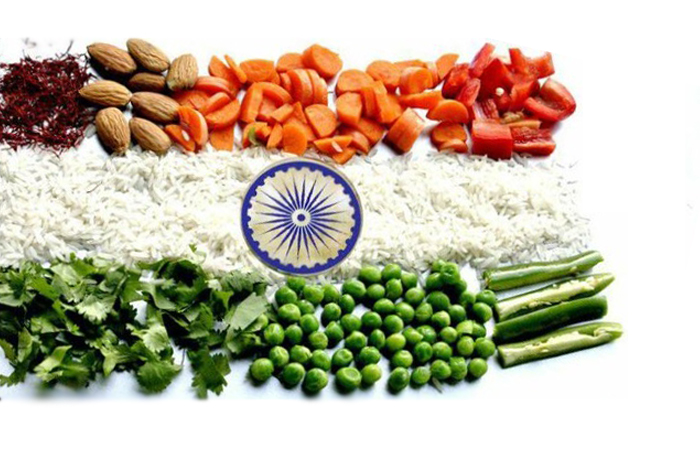
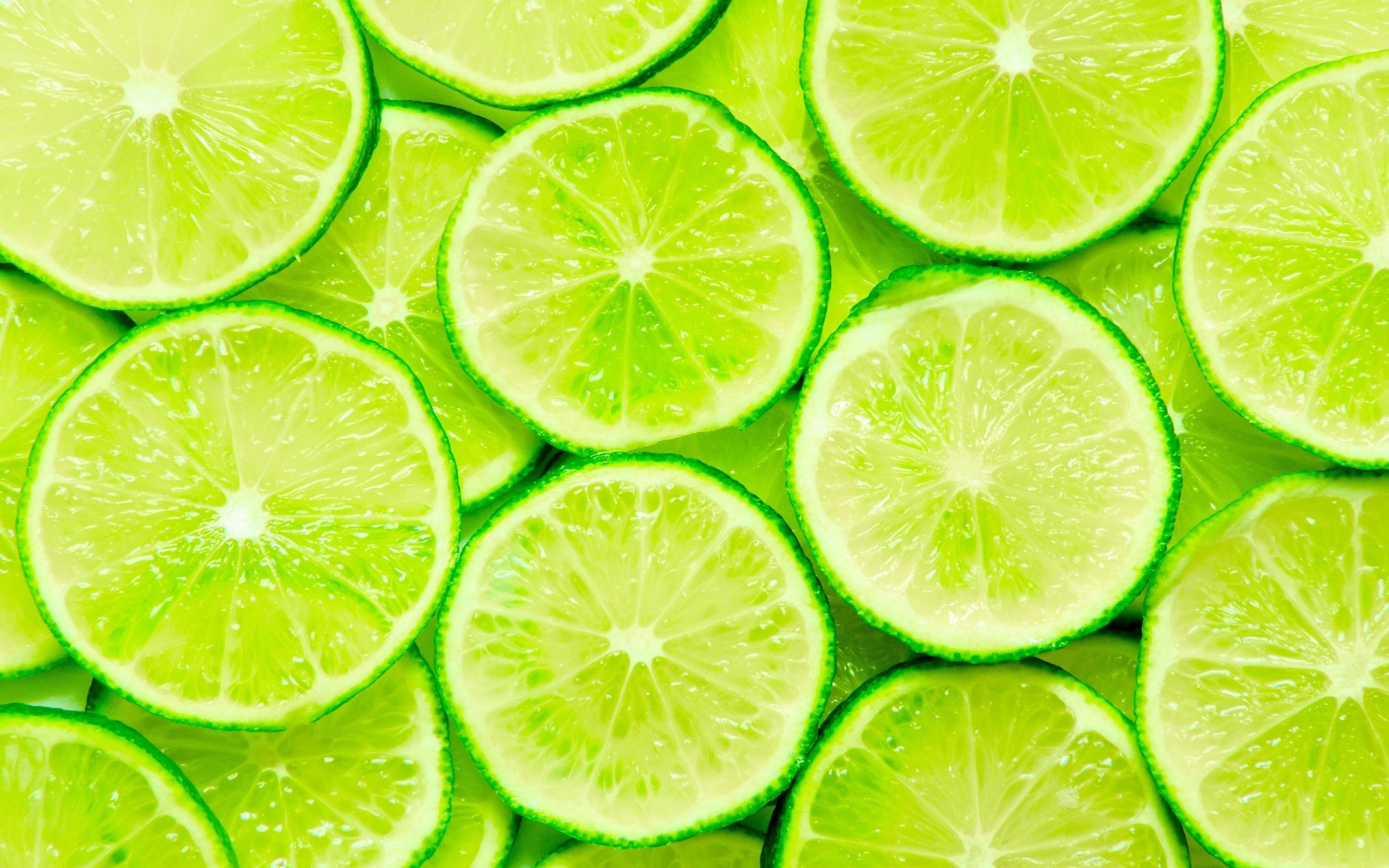
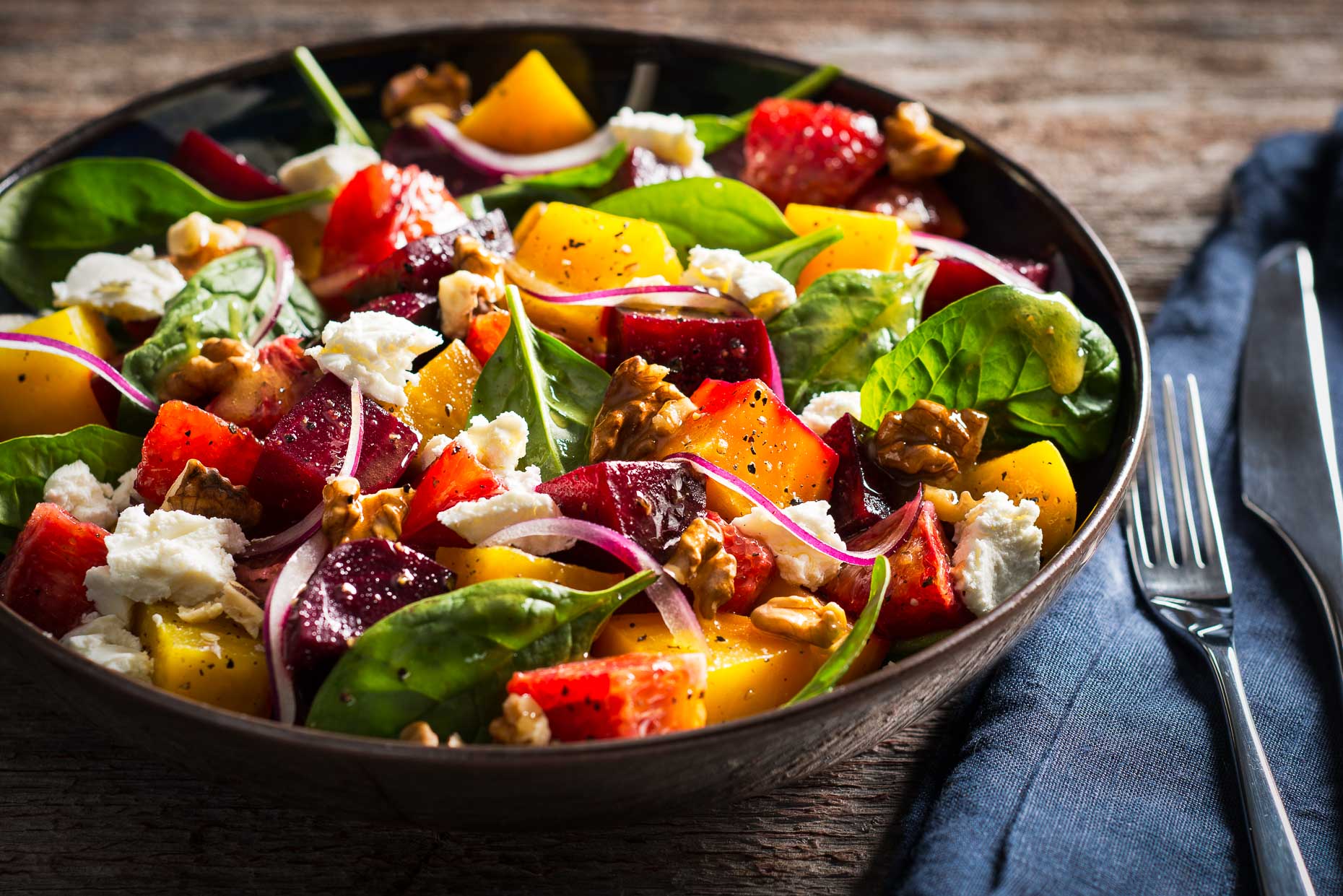
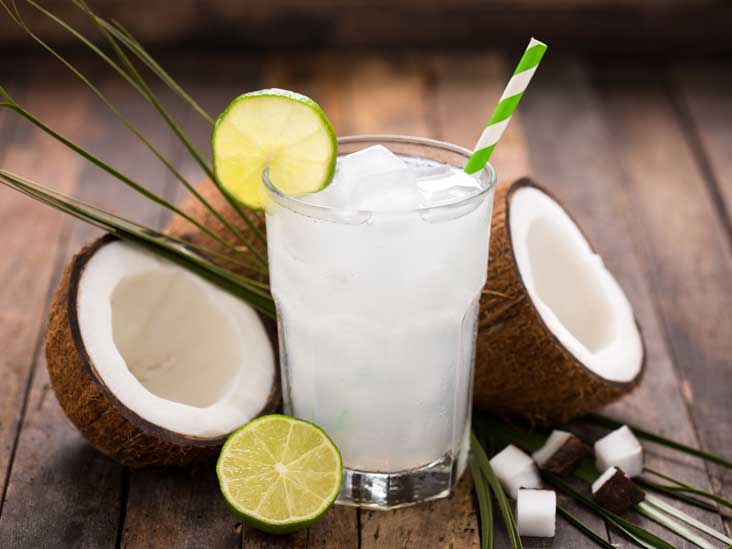
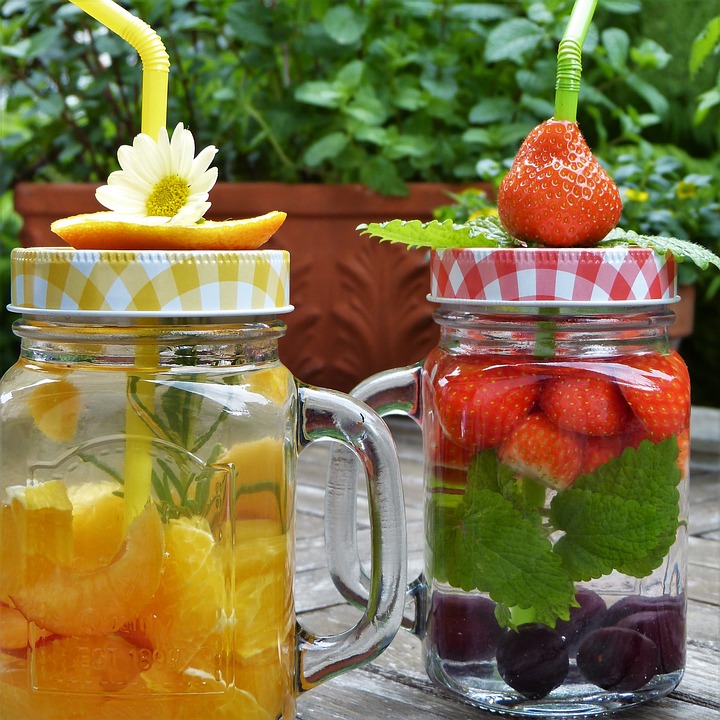
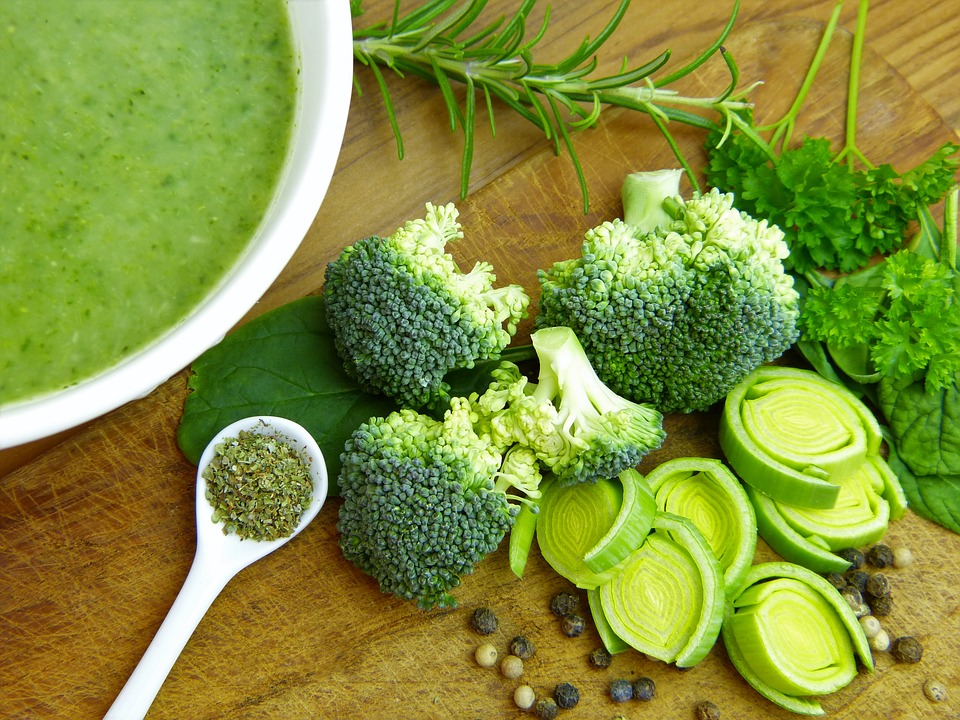 Give a nod to sautéed greens this season. These are light, can be made very appetising and always bring nice gifts with them like reduced cholesterol, cancer-fighting abilities, antiaging benefits, powerful vitamins and energy.
Give a nod to sautéed greens this season. These are light, can be made very appetising and always bring nice gifts with them like reduced cholesterol, cancer-fighting abilities, antiaging benefits, powerful vitamins and energy.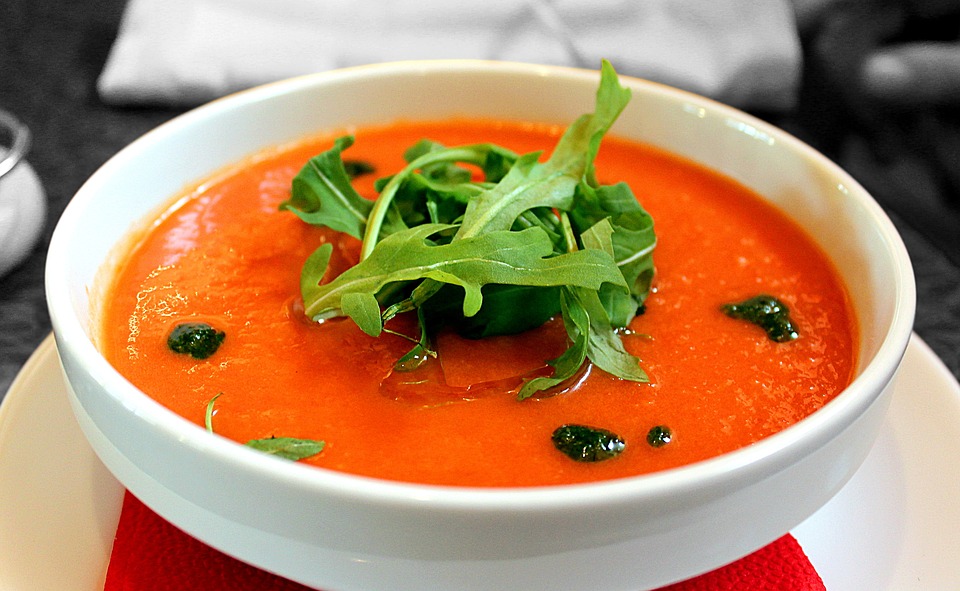
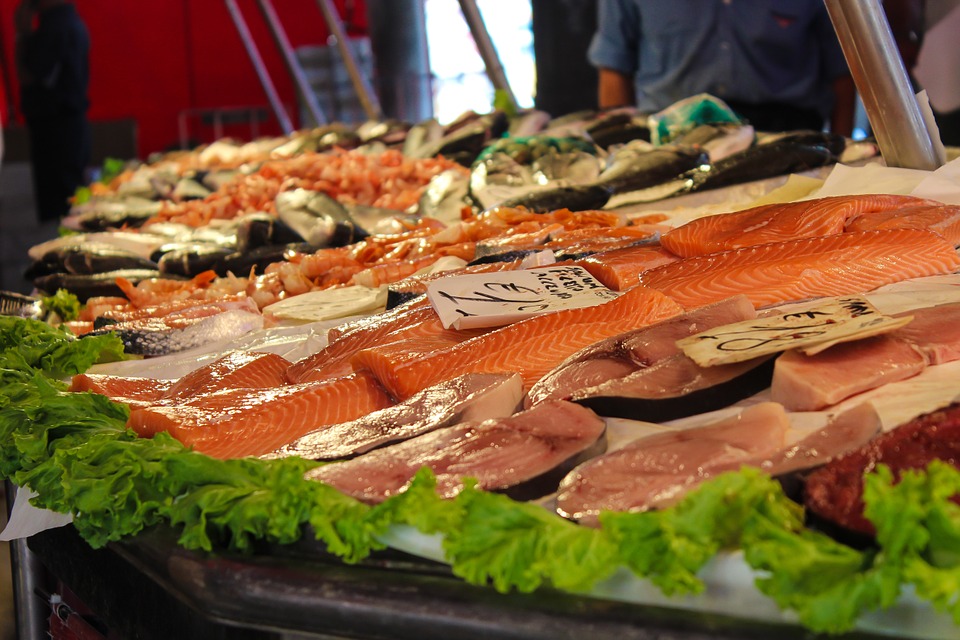 Proteins are harder to digest in general and coupled with heat and dehydration, they leave you feeling uncomfortable and nauseous. The recommended daily intake of protein is one gram per kilo of ideal body weight (the appropriate weight for your height). So, no matter what you currently weigh, if your
Proteins are harder to digest in general and coupled with heat and dehydration, they leave you feeling uncomfortable and nauseous. The recommended daily intake of protein is one gram per kilo of ideal body weight (the appropriate weight for your height). So, no matter what you currently weigh, if your 